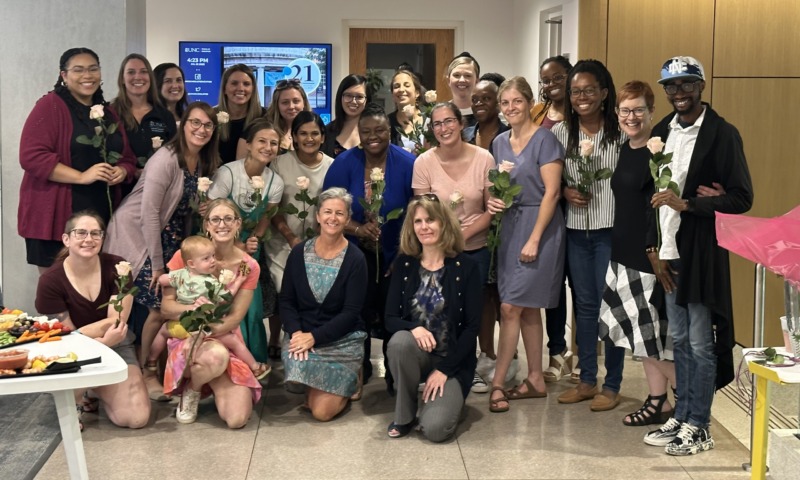
An Interprofessional Graduate Certificate in Improvement Science & Implementation for degree and non-degree-seeking students offers a new paradigm for preparation in the professions, one that promises to be a powerful driver of organizational improvement for the nation’s schools, hospitals, social service agencies, community clinics, and nonprofits. The certificate is designed around six core competencies. Students will learn to:
Understand the Problem
Knowing why you need to improve relies on understanding the problem and its root causes from multiple, diverse perspectives, perspectives that come from interprofessional teams of practitioners, researchers, and community members.
Derive Change Ideas From Evidence and Human-Centered Design
Insights about change ideas come from evidence and collaborations with community members. Evidence is rooted in research, the practice expertise of field professionals, and the communities in which change is occurring. Human- and equity-centered design thinking is a creative problem-solving process that centers the voices, experiences, and aspirations of those most directly impacted by the problem and/or innovation, convergent and divergent thinking, as well as rapid prototyping.
Put Change Ideas Into Practice
Methods and approaches from implementation and improvement science are used to increase the uptake of change in everyday practice.
Set and Sustain Conditions for Change at Scale
Strong leadership is needed to galvanize improvement teams toward a common purpose. Scaling strategies and relational leadership tools can help engage community and practice partners in deep and consequential change that is sustained over time and spread throughout a system.
Test if Change Ideas are Improvements
Continuous quality improvement and implementation tools are used to test out and modify change ideas to optimize both processes and outcomes.
Engage Interprofessional Networks to Accelerate Organizational Learning
Networked improvement communities are sources of innovation, enable fast replication, and can powerfully drive the diffusion of ideas. Ensuring that networks include a colleagueship of experts from across professions builds from the knowledge that none of us can achieve apart that which we can together.
Expanding Career Opportunities… An Interprofessional Graduate Certificate in Improvement Science and Implementation puts you ahead of the competition for leadership positions in education, healthcare, social services, and related fields.